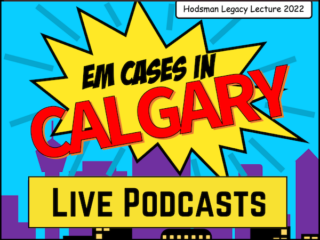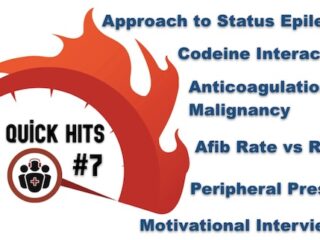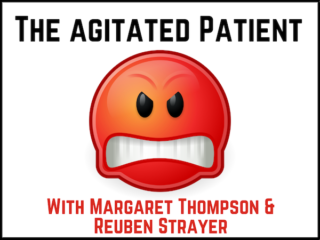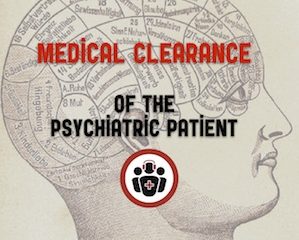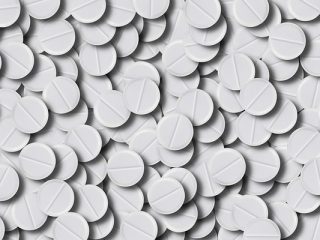emergency medicine psychiatry
Ep 184 Must Know Drug Interactions in Emergency Medicine
We miss potentially dangerous and even lethal drug interactions in EM more often than we realize. In this main episode EM Cases podcast with Dr. David Juurlink and Dr. Walter Himmel we review the common categories of drugs, the high risk patients and the key drug interactions that we need to know about in Emergency Medicine... Please support EM Cases by giving a donation: https://emergencymedicinecases.com/donation/


